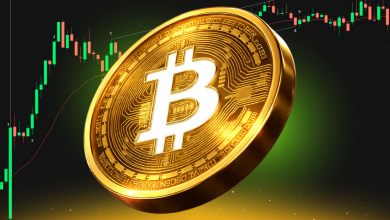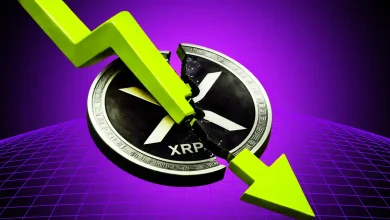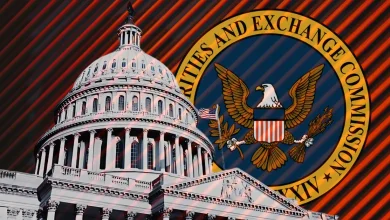
Lawmakers in South Korea are secretly stacking Bitcoin, XRP, and even PEPE.
Their bets echo a nation where crypto traders now outnumber stock investors.
But as the government pushes to revive local markets, politicians’ portfolios tell another story.
A new report shows that many South Korean lawmakers are quietly investing in crypto, choosing digital assets over the weak local stock market. Instead of relying on KOSPI, they are building portfolios with Bitcoin, XRP, meme coins like PEPE, and even U.S. tech giants such as Microsoft and Tesla.
This shift reflects a bigger trend across the country. Over 16 million South Koreans are already trading on exchanges like Upbit, Bithumb, Coinone, Korbit, and Gopax. That number is expected to hit 20 million by the end of 2025, far more than the 14.1 million who invest in domestic stocks. With mobile apps making trading as easy as banking, crypto is quickly becoming the top choice for both citizens and politicians.
South Korea’s Crypto Shift
The investigation, led by South Korean outlet Energy Kyungjae, looked at the National Assembly’s Culture, Sports, and Tourism Committee, one of the groups shaping investor policies. Surprisingly, instead of backing the country’s stock market, some members are steering their money into crypto and foreign stocks.
This comes as President Lee Jae-myung’s government pushes its “KOSPI 5000 era” plan to revive local markets. Ironically, the same lawmakers driving this vision are also betting on crypto for personal gains.
XRP, PEPE in Portfolios
- Jin Jong-oh (opposition People Power Party) owns over 3,300 XRP, along with smaller amounts of XCORE and Paycoin. His portfolio has grown from $1,768 to nearly $9,600 in just months.
- Jin’s mother is even deeper in the game, holding Bitcoin, Chiliz, Sandbox, and a massive 3.2 billion PEPE tokens.
- Yang Moon-seok (Democratic Party) also holds about $1,300 worth of XRP, showing crypto interest spans across party lines.
Beyond crypto, lawmakers are also buying U.S. tech stocks like Microsoft, NVIDIA, Apple, and Tesla, as well as unlisted Korean gaming firms such as Xten Games and Memray.
Lawmakers Signal Crypto Future
The findings reveal a clear shift in thinking: lawmakers believe crypto and global tech offer more potential than Korea’s domestic markets. As they write policies to regulate and grow these industries, their own portfolios suggest where they see the future of finance on the blockchain and beyond Korea’s borders.
Never Miss a Beat in the Crypto World!
Stay ahead with breaking news, expert analysis, and real-time updates on the latest trends in Bitcoin, altcoins, DeFi, NFTs, and more.
FAQs
Yes, cryptocurrency is legal and regulated in South Korea. Virtual Asset Service Providers (VASPs) such as exchanges must register with the Financial Services Commission (FSC), comply with real-name verification, anti-money‑laundering (AML), and cybersecurity standards.
Currently, crypto gains are not taxed. However, under proposed regulations scheduled for around 2027, a 20% tax would apply to annual profits exceeding roughly ₩50 million (about $35,900 USD).
Over 16M citizens trade crypto, outpacing the 14.1M stock investors, set to reach 20M by 2025.
Stablecoin bills are still pending, with strict controls likely from 2025.
Trust with CoinPedia:
CoinPedia has been delivering accurate and timely cryptocurrency and blockchain updates since 2017. All content is created by our expert panel of analysts and journalists, following strict Editorial Guidelines based on E-E-A-T (Experience, Expertise, Authoritativeness, Trustworthiness). Every article is fact-checked against reputable sources to ensure accuracy, transparency, and reliability. Our review policy guarantees unbiased evaluations when recommending exchanges, platforms, or tools. We strive to provide timely updates about everything crypto & blockchain, right from startups to industry majors.
Investment Disclaimer:
All opinions and insights shared represent the author's own views on current market conditions. Please do your own research before making investment decisions. Neither the writer nor the publication assumes responsibility for your financial choices.
Sponsored and Advertisements:
Sponsored content and affiliate links may appear on our site. Advertisements are marked clearly, and our editorial content remains entirely independent from our ad partners.







